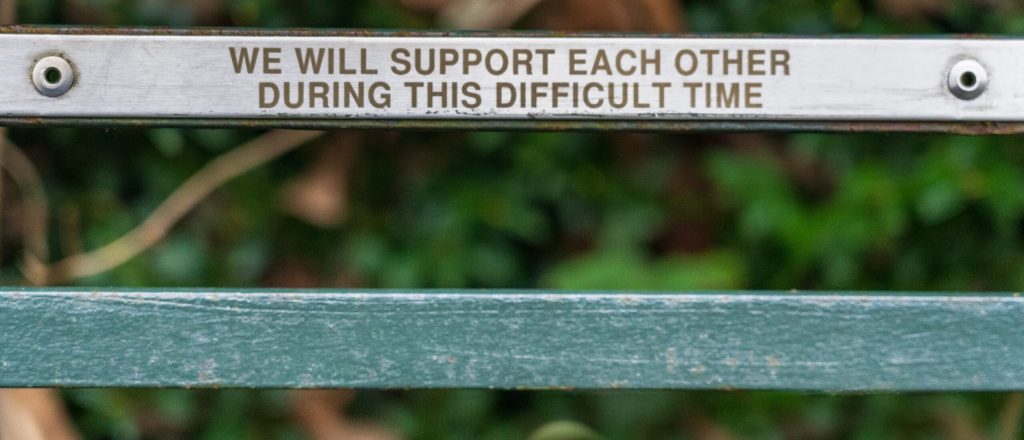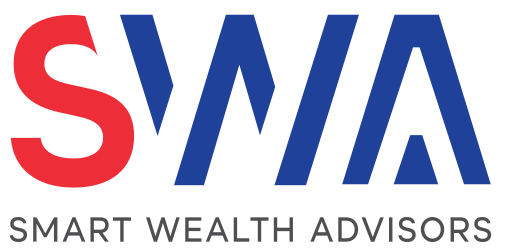What lockdown support is available for individuals?

The Pandemic Leave Disaster Payment is for those who have been advised by their relevant health authority to self-isolate or quarantine because they:
· Test positive to COVID-19;
· Have been identified as a close contact of a confirmed COVID-19 case;
· Care for a child, 16 years or under, who has COVID-19; or
· Care for a child, 16 years or under, who has been identified as a close contact of a confirmed COVID-19 case; or
· Care for a person who has tested positive to COVID-19.
How much is the payment?
The payment is $1,500 for each 14 day period you are advised to self-isolate or quarantine. If you are a couple, you both can claim this payment if you meet the eligibility criteria.
Eligibility
The Pandemic Leave Disaster Payment is available if you:
· Are an Australian citizen, permanent resident or temporary visa holder who has the right to work in Australia; and
· Are aged 17 years or over; and
· Are unable to go to work and earn an income; and
· Do not have appropriate leave entitlements, including pandemic sick leave, personal leave or carers leave; and
· Are not getting any income support payment, ABSTUDY Living Allowance, Paid parental leave or Dad and Partner Pay. Income support payments include Age Pension, Austudy, Carer Payment, Disability Support Pension, Farm Household Allowance, JobSeeker Payment, Parenting Payment, Partner Allowance, Special Benefit, Widow Allowance, Youth Allowance and Income Support Supplement, Service Pension or Veteran Pension from the Department of Veterans’ Affairs.
The payment is taxable and you will need to declare it in your income tax return.
If you are uncertain of your eligibility, talk to Services Australia.
If you are concerned about the impact of disaster relief payments on you, talk to us.
NSW Child-care gap fee
From 19 July 2021, the Government is enabling childcare services in NSW Local Government Areas subject to stay at home orders to waive gap-fees for parents keeping their children at home due to current COVID-19 restrictions. The gap fee is the difference between the Child Care Subsidy (CCS) the Government pays to a service and the remaining fee paid by the family.
The child-care gap fee waiver is only applicable where the childcare service opts in.
The Local Government Areas were expanded and now cover: City of Sydney, Municipality of Woollahra, City of Randwick, Municipality of Waverley, Bayside Council, Blacktown City Council, Blue Mountains City Council, Municipality of Burwood, Camden Council, Central Coast Council, City of Campbelltown, City of Canada Bay, City of Canterbury-Bankstown, Cumberland City Council, City of Fairfield, George’s River Council, City of Hawkesbury, Hornsby Shire, Municipality of Hunter’s Hill, Inner West Council, Ku-ring-gai Council, Lane Cove Council, City of Liverpool, Mosman Council, North Sydney Council, Northern Beaches Council, City of Parramatta, City of Penrith, City of Ryde, Shellharbour City Council, Municipality of Strathfield, Sutherland Shire, The Hills Shire, Wollondilly Shire, City of Willoughby, and Wollongong City Council.
NSW Eviction moratorium
The NSW Government has introduced a targeted eviction moratorium to protect residential tenants. The moratorium applies where:
· You have lost work/income because they or a member of their household contracted COVID; or
· The household’s take home weekly income has reduced by 25% or more (including any government assistance received) compared to the weekly income received in the 4 weeks prior to 26 June 2021; and
· You continue to pay at least 25% of the rent payable.
60 day freeze on evictions
Tenants who can’t pay their rent in full because they are impacted by the COVID-19 outbreak can’t be evicted between now and 11 September 2021.
Financial support for landlords
Residential landlords who decrease rent for impacted tenants can apply for a grant of up to $1,500 or land tax reductions depending on their circumstances. The land tax relief will be equal to the value of rent reductions provided to financially distressed tenants for up to 100% of the 2021 land tax year liability.
The material and contents provided in this publication are informative in nature only. It is not intended to be advice and you should not act specifically on the basis of this information. If expert assistance is required, professional advice should be obtained.

